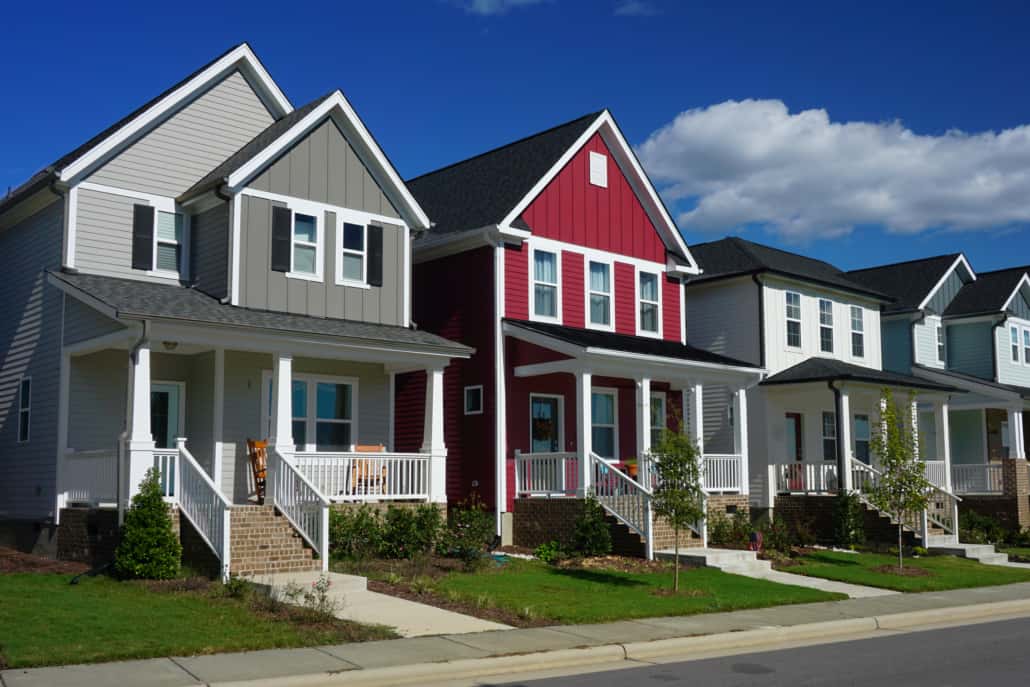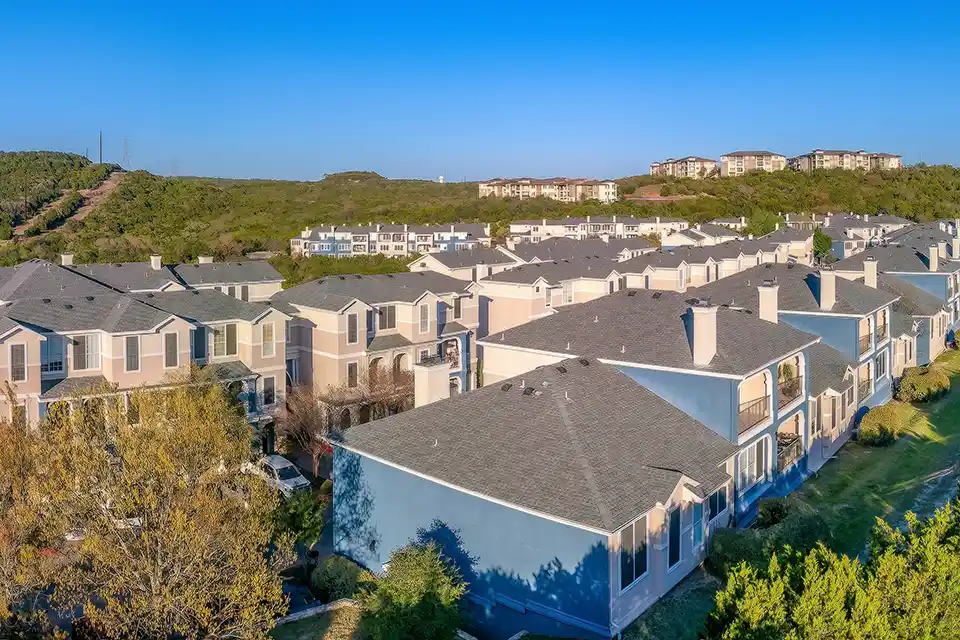Exactly How HOA Administration Helps With Interaction and Dispute Resolution Among Citizens
Property Owners' Associations (HOAs) serve as pivotal entities in promoting interaction and solving disputes among residents. While these mechanisms are developed to minimize misconceptions, the underlying characteristics of resident interactions can frequently make complex issues.
Role of HOAs in Communication
House Owners' Organizations (HOAs) play a vital function in facilitating communication within household communities, working as the primary avenue between citizens and the governing body. By developing an organized structure for discussion, HOAs make sure that homeowners' problems and ideas are heard and attended to properly - austin hoa management. This duty is critical in promoting a sense of community and belonging among homeowners, as it motivates involvement and cooperation


Inevitably, the effectiveness of an HOA in communication straight affects the overall contentment of homeowners. When communication is focused on and handled successfully, it fosters an unified living environment where homeowners really feel valued and linked, leading the way for a much more natural and lively community.

Developed Networks for Discussion
Establishing effective networks for dialogue is crucial for any Home owners' Association (HOA) looking for to boost communication within its neighborhood. These networks offer as foundational devices that facilitate the exchange of information and foster a feeling of belonging amongst residents.
One of the most typical approaches is making use of newsletters, which give updates on area events, upkeep schedules, and essential news. Digital systems, such as area web sites and social media teams, can additionally play a crucial duty in ensuring citizens remain informed and engaged. Routinely scheduled conferences, whether in-person or online, permit members to voice issues, share ideas, and go over neighborhood concerns in a structured setting.
Furthermore, idea boxes put purposefully throughout the area can urge locals to offer comments anonymously, cultivating an environment of visibility. Establishing clear lines of interaction, such as specialized e-mail addresses or hotlines for certain worries, also encourages citizens to reach out easily.
Dispute Resolution Approaches
Efficient interaction networks are essential not only for sharing information however additionally for addressing conflicts that might develop within an area. Homeowners' associations (HOAs) can implement numerous conflict resolution techniques to promote an unified living setting. One efficient technique is the establishment of clear guidelines that lay out acceptable behaviors and treatments for dealing with complaints. These guidelines need to be easily available to all locals, ensuring transparency and consistency.

In addition, conflicts may gain from a structured procedure for intensifying concerns. When required, hoas can mark a conflict resolution committee or involve a neutral 3rd event to help with conversations. This method supplies a systematic way to handle disagreements while preserving impartiality.
Eventually, reliable problem resolution techniques not only settle problems yet also build count click this link on among citizens, reinforcing a feeling of neighborhood and shared duty. By prioritizing these strategies, HOAs can add to a more cooperative and tranquil area setting.
Arbitration and Assistance Techniques
When browsing conflicts within a community, mediation and facilitation methods can play a critical function in advertising understanding and resolution. These techniques involve experienced experts that guide discussions, guaranteeing that all parties have the possibility to reveal their viewpoints in a constructive setting. Mediation focuses on aiding contradictory parties discover commonalities through arrangement, while facilitation entails taking care of group dynamics to cultivate effective interaction.
An efficient mediator develops a secure room for discussion, motivating participants to proactively pay attention and understand with each other. This process typically includes reframing issues to clear up misunderstandings and highlighting shared rate of interests instead than differences. Facilitators, on advice the other hand, may employ methods like brainstorming sessions or group tasks to build rapport and enhance cooperation among residents.
Both techniques prioritize neutrality and impartiality, allowing homeowners to really feel heard and valued. By using arbitration and assistance strategies, HOA management can encourage area participants to resolve disagreements agreeably, lowering tension and promoting a sense of belonging. Inevitably, these techniques add to a healthier neighborhood ambience, where conflicts are attended to proactively and partnerships are reinforced via open interaction.
Advantages of Reliable Interaction
Clear interaction functions as the structure for successful communications within a community, considerably improving the total functioning of HOA monitoring (austin hoa management). Effective interaction fosters transparency, which constructs trust fund among citizens and the management group. When homeowners really feel notified regarding neighborhood policies, occasions, and decisions, they are more probable to involve favorably and add to the community's wellness
Additionally, clear interaction lessens misconceptions and minimizes the possibility for problem. By articulating duties, policies, and expectations clearly, HOAs can preemptively deal with problems before they escalate. Homeowners outfitted with important info are better positioned to stick to area guidelines and resolve disagreements agreeably.
Furthermore, effective interaction networks motivate comments and tips from citizens, equipping them to get involved proactively in the decision-making procedure. This inclusivity not just boosts area morale but likewise brings about even more informed and representative results.
Additionally, regular updates via e-newsletters, meetings, and digital systems ensure that all community participants are lined up with the HOA's vision. In summary, efficient communication is vital for cultivating a natural neighborhood, advertising active engagement, and eventually accomplishing a harmonious living environment.
Verdict
Finally, efficient HOA administration considerably enhances communication and dispute resolution amongst citizens. By developing structured networks for discussion and implementing clear guidelines and arbitration methods, HOAs promote transparency and neighborhood interaction. These efforts not only address worries promptly however also useful site grow a feeling of duty amongst locals. Ultimately, the promo of efficient interaction results in decreased misconceptions and increased resident satisfaction, contributing to a cohesive and unified community environment.
House Owners' Organizations (HOAs) play an essential duty in facilitating interaction within property areas, acting as the key channel in between homeowners and the governing body.HOAs typically arrange normal meetings, e-newsletters, and electronic platforms to promote openness and maintain residents notified regarding community growths and laws. These initiatives not only enhance interaction yet likewise empower citizens to involve in the decision-making procedure, therefore increasing their financial investment in the neighborhood's wellness - austin hoa management. When citizens feel notified about neighborhood choices, events, and plans, they are a lot more likely to involve positively and add to the community's wellness
Eventually, the promotion of efficient communication leads to decreased misunderstandings and increased resident satisfaction, adding to a natural and unified area environment.